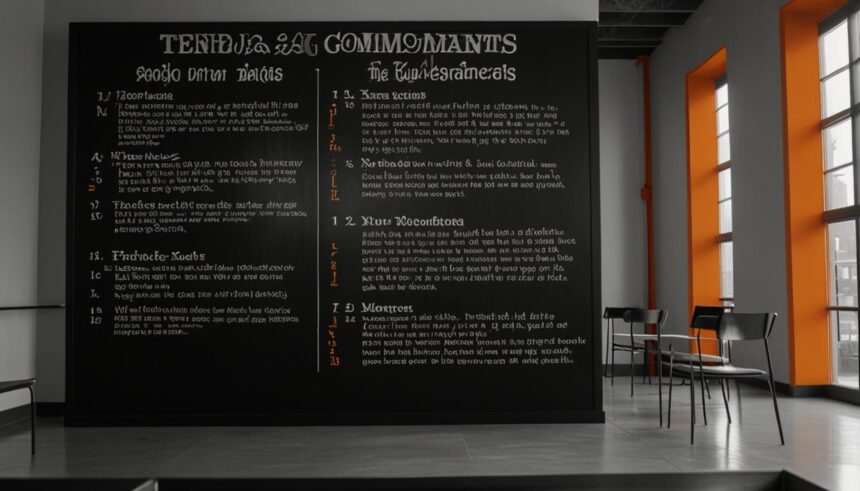Ethiopia takes steps to open up its banking sector to foreign institutions, while Louisiana mandates the display of the Ten Commandments in public school classrooms, sparking controversy and legal challenges.
Ethiopia Moves Towards Financial Liberalisation by Allowing Foreign Banks
The Ethiopian government has announced a significant step in its financial liberalisation efforts by approving a bill that allows foreign banks to establish local subsidiaries and acquire shares in domestic lenders. The bill, which still requires parliamentary approval, stipulates that only well-established, reputable, and financially sound foreign banks may set up partially or fully-owned subsidiaries, branches, or representative offices in Ethiopia. Additionally, the bill mandates that the board of directors of these foreign banks must include resident Ethiopians.
Currently, Ethiopia’s banking sector is comprised of 29 locally owned banks, many under state control. This move is part of a broader strategy to introduce competition and modernize the sector. Similar liberalisation efforts were seen when the National Bank of Ethiopia granted a licence to Kenya’s M-Pesa for mobile money services in May last year.
Mirkarim Yakubov, an asset manager in Addis Ababa, views this as a substantial development, predicting that regional African banks will be the first entrants, followed by potential interest from Chinese institutions. Yakubov expects that the introduction of foreign banks will enhance service quality and foster increased foreign direct investment in sectors like agriculture and manufacturing.
Louisiana Mandates Display of Ten Commandments in Public School Classrooms
Louisiana has enacted a law requiring the display of the Ten Commandments in every public school classroom by 2025. Governor Jeff Landry signed the Republican-backed measure, making Louisiana the first state in the US to implement such a requirement. The law mandates that the sacred text be presented in a large, readable font on an 11 by 14-inch poster, which must include a contextual statement about the historical significance of the commandments in American public education.
This legislation has faced immediate opposition from civil liberties groups, who argue that it violates the Establishment Clause of the First Amendment, which prohibits laws respecting an establishment of religion. Groups like the American Civil Liberties Union plan to challenge the law in court, citing previous Supreme Court rulings that have deemed similar mandates unconstitutional.
The bill’s author, Republican state lawmaker Dodie Horton, defends the measure as a means to reintroduce a “moral code” to classrooms. However, the financial responsibility for producing and distributing the posters falls on individual schools, as the state has not allocated funding for this purpose.





